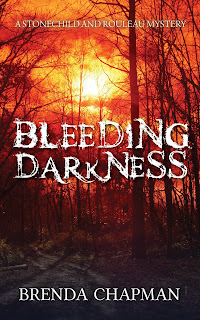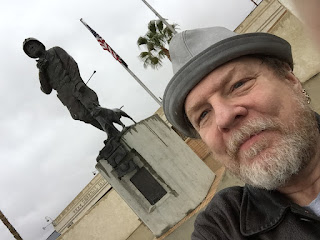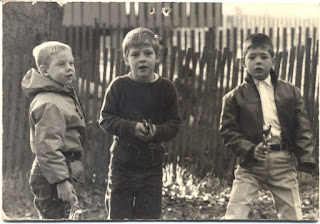by Abir
“Dialogue is often hard to do right,” he said. Give us your tips for writing killer dialogue.
‘Hi Alan.’ I said.
‘Oh, hello Abir. How are you?’ He replied.
‘I’m fine, Alan. Musn’t grumble. Erm, how’s the family?’ I asked.
‘They’re good,’ he said. ‘Surviving. 2021 eh? What a year.’
‘Tell me about it,’ I said. ‘Also, why are you staring out of that window?’
‘I am waiting for the bookshop delivery guy,’ he said. ‘He’s bringing me a dozen copies of your new book, called The Shadows of Men, that’s out on the 11th of November.’
‘A dozen copies?’ I questioned.
‘Yes,’ he said. ‘My heating’s broken and I need something to burn.’
‘Oh Alan,’ I said. ‘Always joshing.’
‘Wait,’ said Alan.
‘Err, what is it?’ I said.
‘This conversation,’ he said.
‘What about it?’ I asked.
‘Well, umm, it’s pretty terrible,’ he opined.
‘Terrible?’ I asked. ‘But how? You know, umm, this is how we speak isn’t it? It’s authentic.’
‘Err, yes, but authentic isn’t always best,’ he said. ‘Filter coffee is authentic, but Nespresso is better,’ he joked. ‘See, umm, the problem is this. Spoken dialogue is long winded… and full of pauses.’ He paused. 'And it can't live in a vacuum. Look at us. We're two guys standing in a room of nothing, not moving, just facing each other and talking. Who does that? And then there’s the, erm, the distractions. By the way, did you watch the football last night? It was a most thrilling game. Anyway, err, where were we? Ah yes, dialogue. Look. How about we start this again?’
‘Ok,’ I said. ‘I’ll leave the room and come back in.’
This time I didn’t knock. Just turned the handle and walked in. Alan was looking out of the window like he was expecting something, the end of the world, maybe.
‘Hey,’ I said.
His reply was little more than a grunt.
‘Hey, Mukherjee.’
‘Something up?’
He turned his gaze back to the rain outside. ‘You could say that.’
I walked over to him. The room felt like an icebox with the door left open.
‘Wanna tell me about it?’
I wasn’t sure why I was speaking in an American accent. It just felt right. Felt kinda noir-y.
‘That new book of yours, the one with the pretentious title.’
‘The Shadows of Men?’ I wondered where he was going with this. ‘What about it?’
‘I ordered a dozen copies.’
That came as a shock. He’d never expressed any love of my work before. A single copy would have been a surprise. Twelve sounded like he was ill, possibly gravely.
He scratched distractedly at his ear. ‘Guy from the bookshop was meant to bring ‘em over today. I been looking out for his little bicycle all mornin, but there’s been no sign of him.’
I followed his gaze out of the window. The rain was coming down heavy. Like it was in a hurry or something.
‘Maybe he’s waiting for the rain to stop?’
Alan snorted. ‘Or maybe he’s building an ark.’
I changed the subject. ‘Still, it was good of you to buy twelve. You getting your Christmas shopping done early?’
‘Not exactly,’ he said. ‘The heating’s broken and I need somethin’ to burn.’
‘It was funny the first time,’ I said. ‘It lost something when you repeated it.’
‘Yeah,’ he smiled. ‘But the dialogue was better second time round.’























